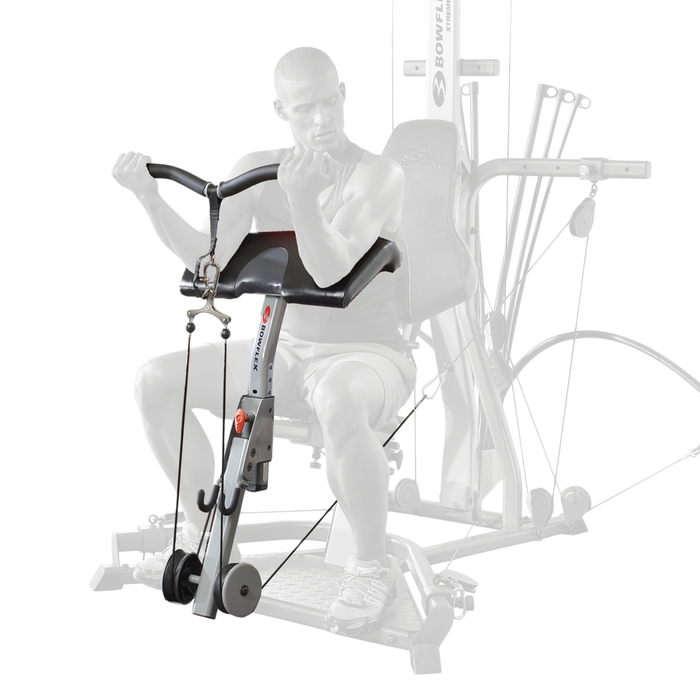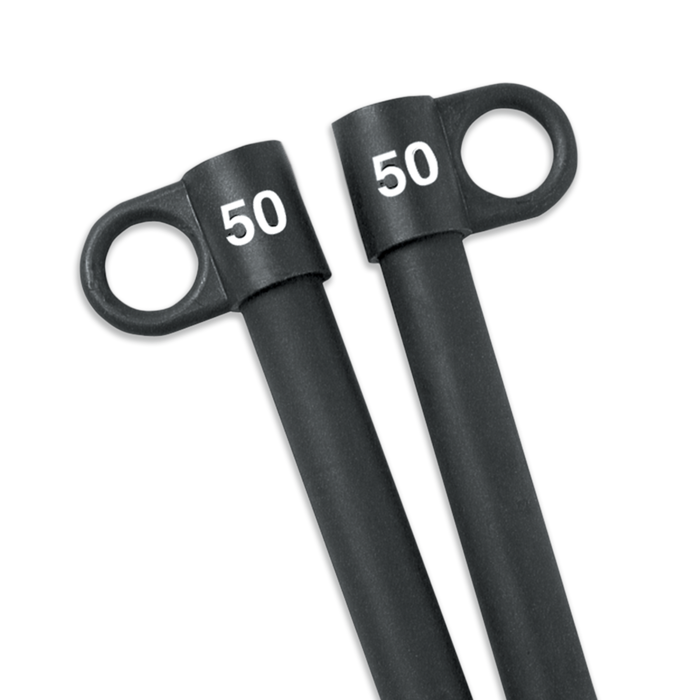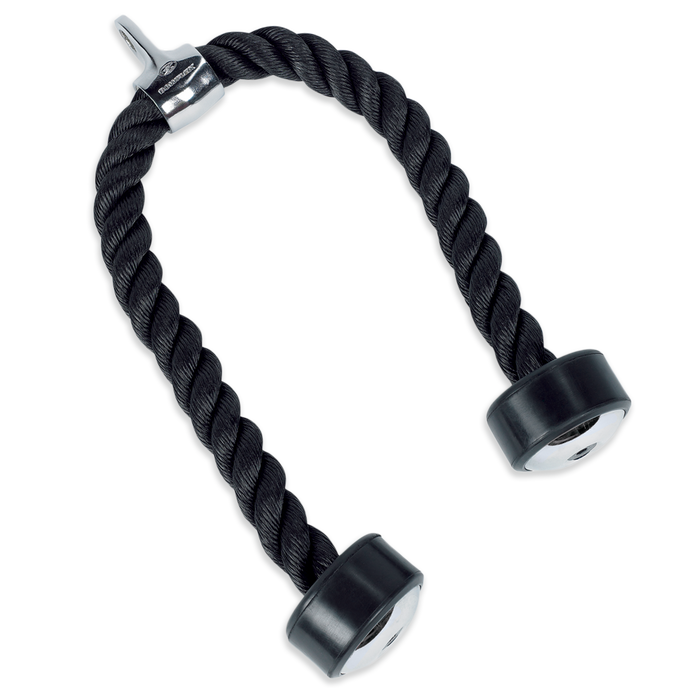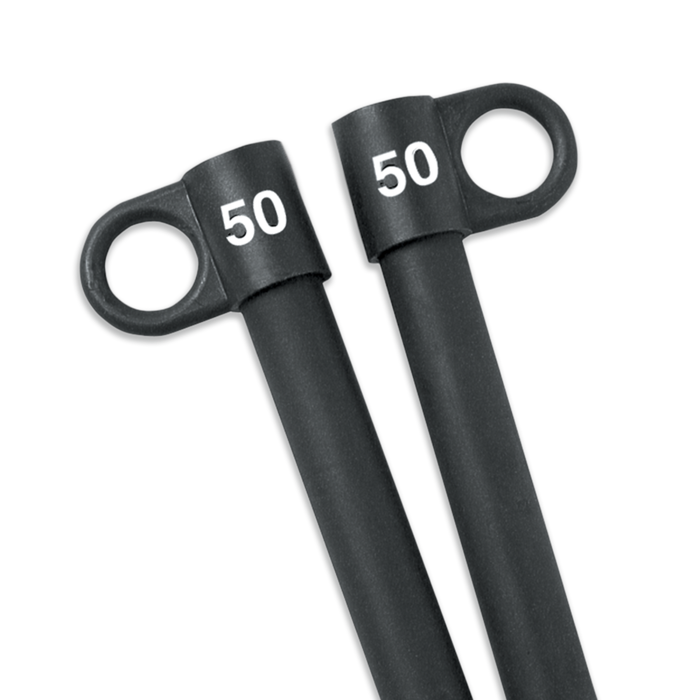What is a Wellness Sabbatical and Do You Need One?

While the prioritization of our health and wellness should come easily, in today’s world we sometimes need to proactively seek it out.
Sabbaticals, for example, offer the opportunity to step away from work for three to 12 months and have been seen as a luxury and/or privilege for some time. As a result, more companies are including sabbaticals as a standard benefit in an effort to attract and retain employees in a competitive market, and communicate that they genuinely care about work-life balance. It is a win-win situation because employees benefit from this opportunity to take time away from work, while companies build more loyalty, trust and dedication in their brand.
The reality of the workplace is people get caught up with staying in the office late, getting there early, not taking breaks, and working overtime in the hopes that it will benefit their career. The “can’t stop, won’t stop” mentality is ingrained in workplace culture and it is leading to burnout, fatigue and depression. Does this sound familiar?
Whether you realize it or not, once the practice of overworking becomes ingrained into your daily routine and you accept it as “okay,” it is hard to break that habit. We create a false premise that by overworking we are helping ourselves, our career, and our families. Ironically, our focus should be on our self-care.
When we don’t take care of ourselves first and foremost, we can’t take care of our career.
Recently, wellness sabbaticals have surfaced as one of the latest approaches to improving overall mental and physical well-being, as well as helping avoid workplace burnout. It is well-known that how people feel is reflected in the work they produce. Typically, when people take sabbaticals, it can be jammed pack with activities that they otherwise don’t have the time to do when working full-time. With a wellness sabbatical, the intent is to hit the reset button and recharge the soul by being still and reconnecting with yourself. Wellness sabbaticals will look different from person to person – some will meditate, eat healthy, rest and relax, while others may digitally detox and backpack through the mountains. Regardless, it is essential to learn how to prioritize wellbeing and healthy habits which is why wellness sabbaticals are so important.
Since it takes 21 days to make a lasting lifestyle change, it is important to make the most of your wellness sabbatical and keep the focus on you. It is the time to change the way you work and live, allowing you to prioritize your well-being and make lasting healthy habits.
You may also like
How Owning a Pet Can Positively Improve Health




























